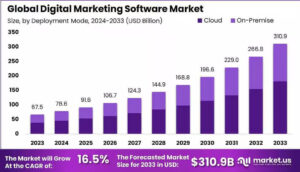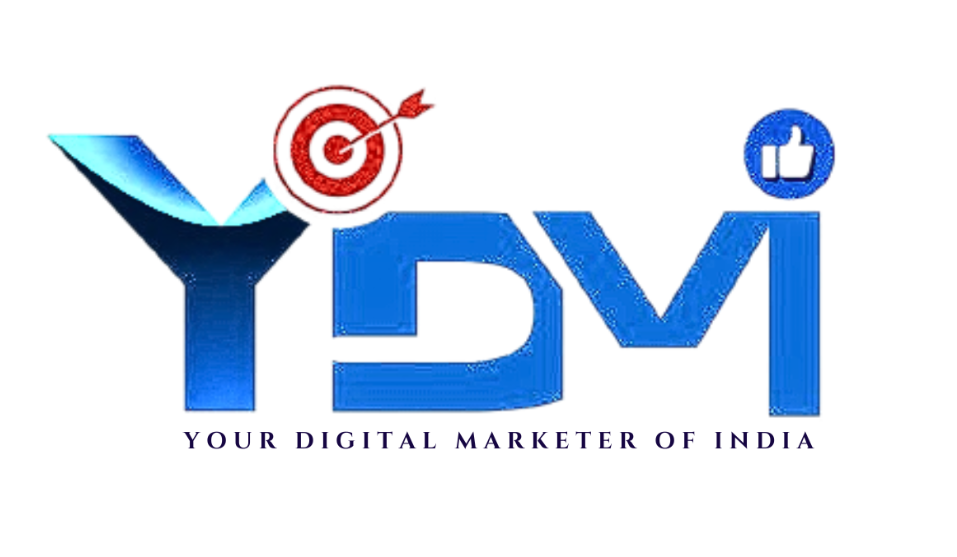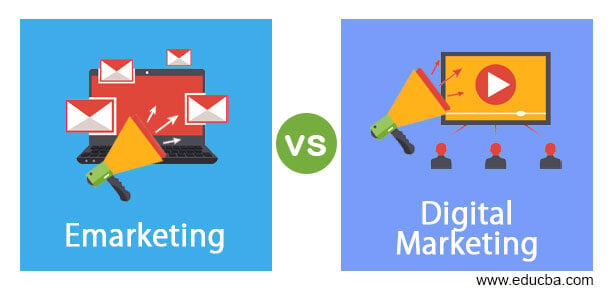Share Marketing vs Digital Marketing – Which is Better?
In today’s fast-changing business environment, companies are looking for the best strategies to grow their brands, reach customers, and maximize profits. Two common approaches that often come into discussion are Share Marketing vs Digital Marketing. While both play an important role in business growth, they differ in terms of execution, reach, and impact. Understanding these differences helps businesses decide which approach suits their goals best.
What is Share Marketing?
Share Marketing refers to strategies that focus on promoting and increasing a company’s market share. It generally deals with traditional methods of marketing and investments where businesses aim to grow their brand’s visibility and customer loyalty. Share Marketing is closely linked with word-of-mouth marketing, referrals, and customer trust.
The core idea of Share Marketing is simple: when satisfied customers share their experiences with others, it influences new buyers. This creates a network of growth without heavy advertising spending. Unlike modern digital channels, Share Marketing is built on relationships, recommendations, and long-term trust.
What is Digital Marketing?
On the other hand, Digital Marketing is the use of online platforms and digital tools to promote products or services. This includes strategies like SEO, social media marketing, content marketing, PPC advertising, email marketing, and influencer marketing.
Digital Marketing allows businesses to connect with millions of customers online. It offers measurable results, targeted campaigns, and real-time analytics. Unlike Share Marketing, which depends on customer loyalty and offline referrals, Digital Marketing is data-driven and highly scalable.

Share Marketing vs Digital Marketing: The Major Differences
When comparing Share Marketing vs Digital Marketing, businesses must consider reach, cost, trust, and speed of results. Below are the key differences:
1. Reach and Audience
-
Share Marketing is limited to personal networks, referrals, and offline word-of-mouth.
-
Digital Marketing has unlimited reach, targeting customers worldwide through online campaigns.
2. Cost and Investment
-
Share Marketing relies less on money and more on customer satisfaction.
-
Digital Marketing requires investment in ads, tools, and strategies but delivers measurable ROI.
3. Trust Factor
-
Share Marketing builds stronger trust since recommendations come from real customers.
-
Digital Marketing may take longer to establish trust as people are exposed to ads from unknown brands.
4. Speed of Growth
-
Share Marketing grows slowly as it depends on customer sharing.
-
Digital Marketing can generate fast results with targeted online campaigns.
5. Scalability
-
Share Marketing is difficult to scale as it depends on human connections.
-
Digital Marketing is highly scalable and can reach millions with a single campaign.
Benefits of Share Marketing
-
Builds long-term customer loyalty.
-
Low-cost strategy compared to heavy advertising.
-
Generates authentic leads through trust and recommendations.
-
Improves brand image naturally.
Benefits of Digital Marketing
-
Reaches a global audience quickly.
-
Allows precise targeting using demographics and interests.
-
Provides detailed performance analytics.
-
Offers multiple platforms like Google, Facebook, Instagram, and LinkedIn.
-
Helps small businesses compete with larger brands.
Which is Better: Share Marketing vs Digital Marketing?
The answer depends on business goals. Share Marketing is highly effective for creating brand trust and loyalty. It works best for businesses that rely on long-term relationships, such as service-based industries.
On the other hand, Digital Marketing is essential for any business looking to grow rapidly and reach wider audiences. From startups to multinational corporations, Digital Marketing ensures visibility, customer engagement, and measurable results.
In reality, the best approach is often a combination of both. Businesses can use Share Marketing to build credibility and customer loyalty while leveraging Digital Marketing for brand awareness and lead generation.
Conclusion
When comparing Share Marketing vs Digital Marketing, both have their unique strengths. Share Marketing focuses on organic growth through referrals and customer trust, while Digital Marketing uses technology to achieve faster, scalable, and measurable results. Businesses should adopt a balanced approach by combining these strategies to maximize growth and success in today’s competitive market.



